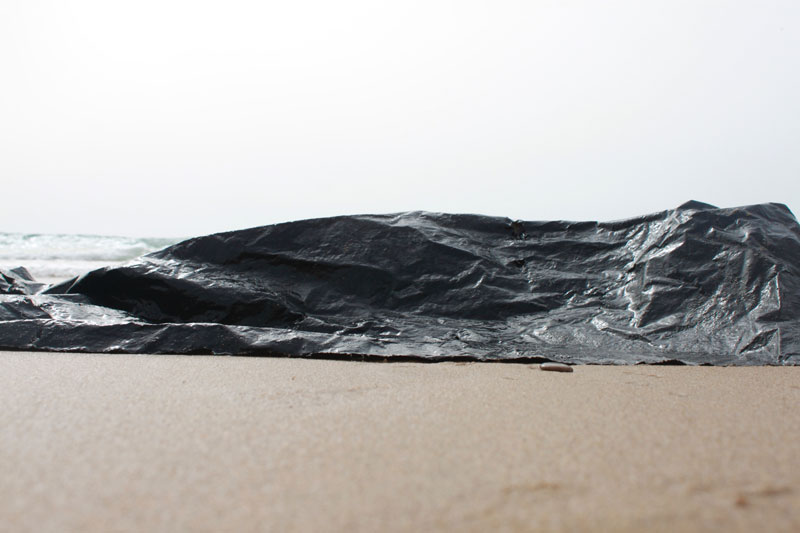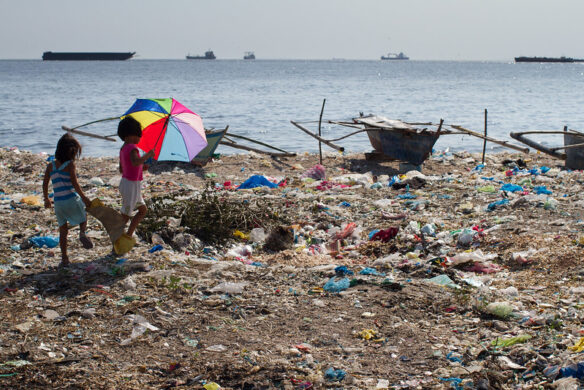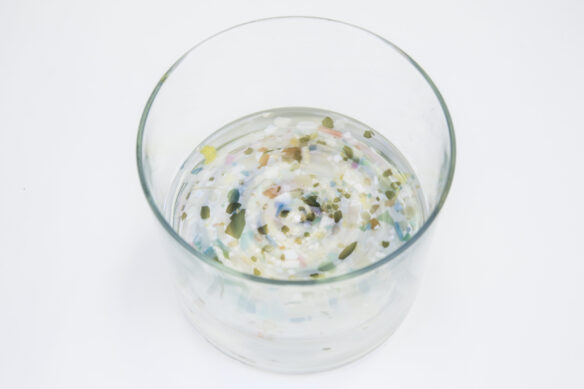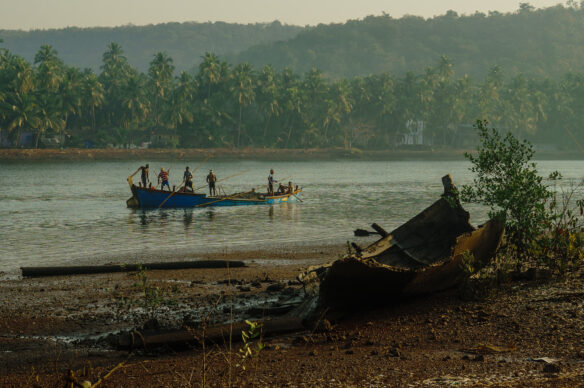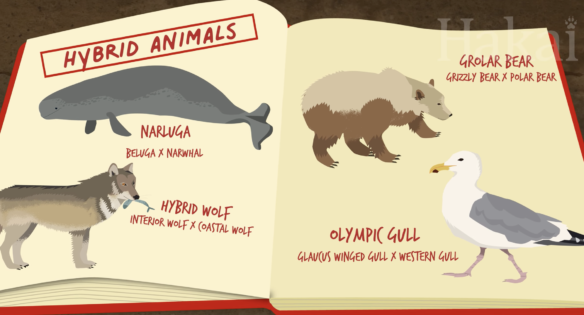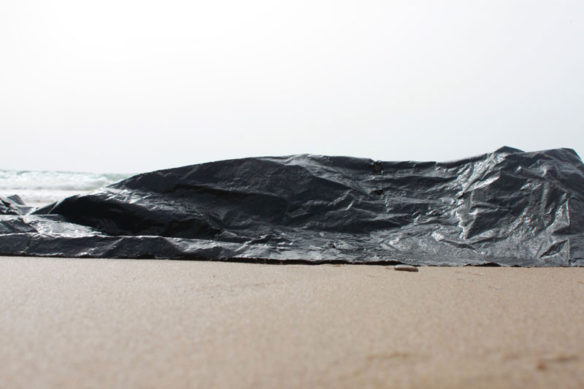
“The unprecedented plastic waste tide plaguing our oceans and shores, can become as limited as our chosen relationship with plastics, which involves a dramatic behavioral change on our part…”
Captions and Photo: © SAF — Coastal Care
Excerpts;
As the world slowly wakes up to the scale of the plastic pollution problem, an increasing number of countries and cities are introducing bans on certain products. Not only can they help to prevent plastics from entering marine ecosystems, but they’re also addressing the myth that we can recycle our way out of the problem.
Besides the fact that of the 8.3 billion tons of plastic produced between 1950 and 2015, only 9% has been recycled, many of the plastic products manufactured today are not actually recyclable…
Read Full Article; Deutsche Welle (06-29-2019)
Over 180 countries -not including the US– agree to restrict global plastic waste trade; CNN (05-11-2019)
The governments of 187 countries have agreed to control the movement of plastic waste between national borders, in an effort to curb the world’s plastic crisis — but the United States was not among them…
Think You Can’t Live Without Plastic Bags? Consider This: Rwanda Did It; Guardian UK (02-15-2015)
In 2008, while the rest of the world was barely starting to consider a tax on single-use plastic bags, the small East African nation decided to ban them completely…
Japan wraps everything in plastic. Now it wants to fight against plastic pollution; Washington Post (06-18-2019)
Japan’s obsession with hygiene combined with its pride in “omotenashi,” or customer service, dictates that everything is meticulously wrapped, rewrapped and bagged in multiple layers of plastic…
These 10 companies are flooding the planet with throwaway plastic; Greenpeace (10-09-2018)
Nine months, six continents, 239 cleanup events, and more than 187,000 pieces of trash later, we now have the most comprehensive snapshot to date of how corporations are contributing to the global plastic pollution problem…
What are businesses doing to turn off the plastic tap? UNEP (06-28-2018)
More than 8. 3 billion tons of plastics made: Most has now been discarded; Science Daily (07-19-2017)
Humans have created 8.3 billion metric tons of plastics since large-scale production of the synthetic materials began in the early 1950s, and most of it now resides in landfills or the natural environment, according to a study.
Piling up: Drowning in a sea of plastic; CBS News (08-05-2018)
Piece by piece, an environmental threat is piling up, and we’re ALL to blame. Worse yet, even those of us trying to bring an end to the problem may not be doing as much good as we think…
Plastic Pollution: “When The Mermaids Cry: The Great Plastic Tide,” Coastal Care
Plastic is versatile, lightweight, flexible, moisture resistant, strong, and relatively inexpensive. Those are the attractive qualities that lead us, around the world, to such a voracious appetite and over-consumption of plastic goods. However, durable and very slow to degrade, plastic materials that are used in the production of so many products all, ultimately, become waste with staying power. Our tremendous attraction to plastic, coupled with an undeniable behavioral propensity of increasingly over-consuming, discarding, littering and thus polluting, has become a combination of lethal nature…

